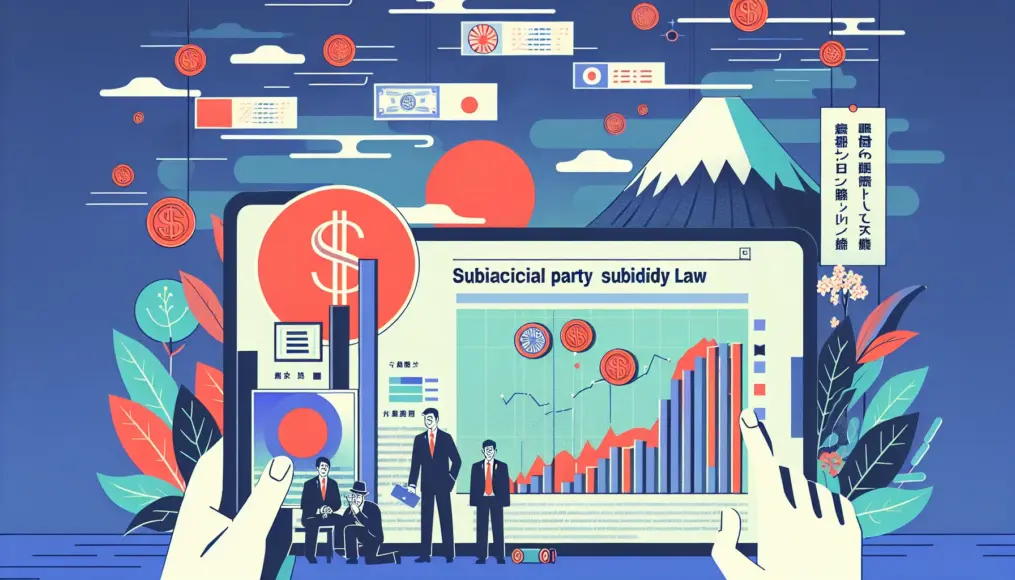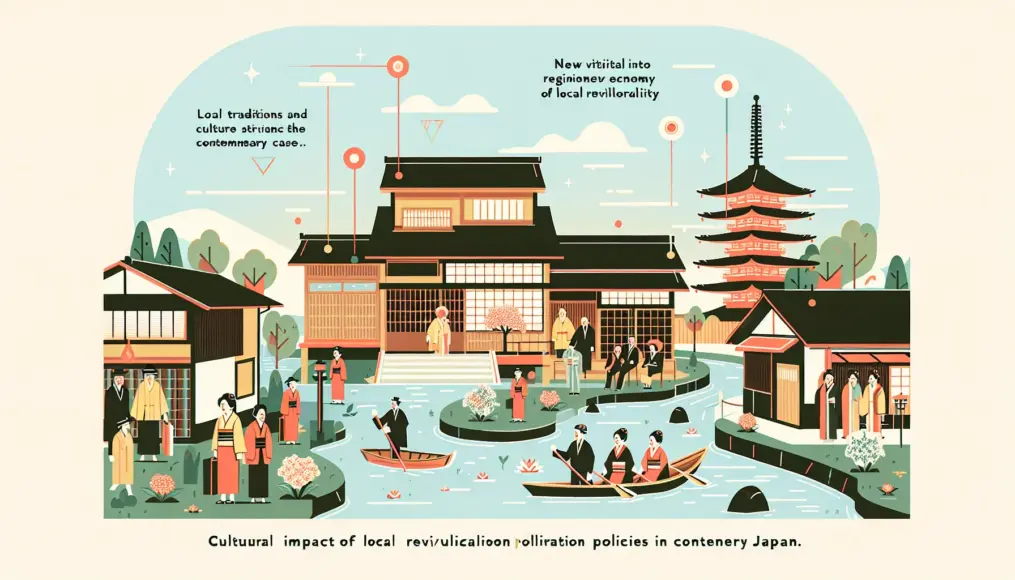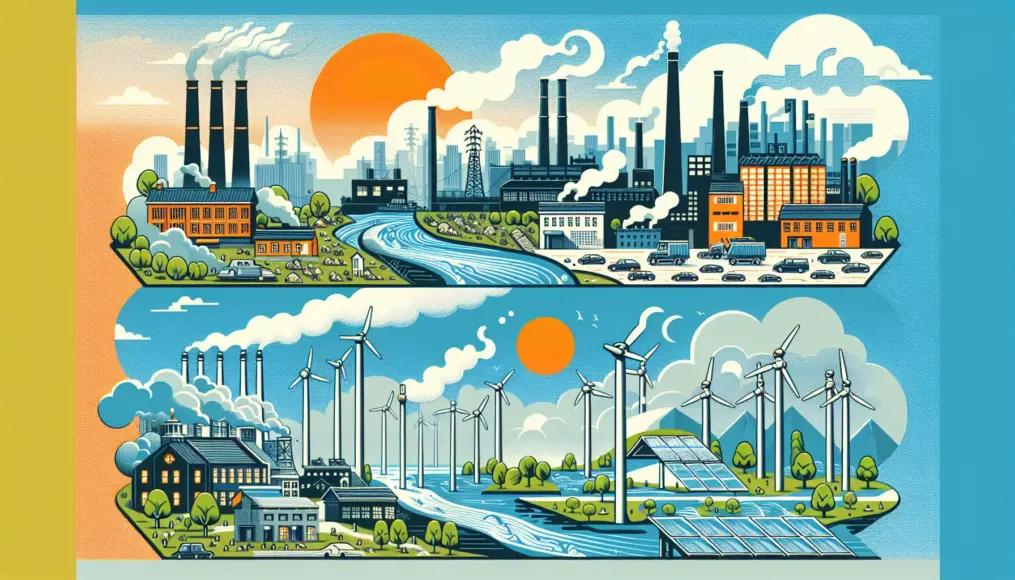The Political Funding Act, or Seito Shosei-ho, has played a crucial role in shaping Japan’s political landscape. This significant piece of legislation was influenced heavily by the political climate and public expectations in the aftermath of World War II. With a focus on enhancing the transparency and funding of political parties, its relevance continues to resonate in contemporary politics.
In this article, we will delve into the background of the Political Funding Act, explore its key provisions, and discuss its impact on modern politics. By examining both the benefits and challenges it brings, we hope to inspire a greater awareness of political participation among citizens.
Let’s take a closer look at how the mechanisms of politics are intertwined with the voices of the people.
- Background and Purpose of the Political Funding Act
- Specific Provisions and Funding Transparency
- Impact on Modern Politics and Future Outlook
Background of the Political Party Subsidy Law
The Political Party Subsidy Law plays a crucial role in Japan’s political system. Established to support party activities and enhance transparency, this law emerged in response to growing concerns about political funding, particularly in the post-war era. There was a pressing need to rebuild public trust, and this backdrop led to the creation of the Political Party Subsidy Law.
In this section, we will delve into the circumstances surrounding the establishment of this law and the political motivations behind it. Understanding why this legislation was deemed necessary will allow us to reflect on its impact on contemporary politics.
The Path to Legislation
The journey toward the establishment of the Political Party Subsidy Law was marked by significant political movement. Particularly from the 1980s onward, calls for greater transparency in political funding intensified through amendments to the Political Funds Control Law. Amid this momentum, the Political Party Subsidy Law was enacted in 1994, paving the way for government subsidies to political parties.
As a result of this law, parties became eligible to receive funding not only from private sources but also from government subsidies. This shift was expected to stabilize fundraising for political activities and improve transparency.
- The establishment of the Political Party Subsidy Law was driven by demands for funding transparency since the 1980s.
- In 1994, the law was enacted, creating a framework for government subsidies to political parties.
- The aim was to stabilize political fundraising and enhance transparency.
Political Context and Objectives
A major objective behind the enactment of the Political Party Subsidy Law was to restore trust in Japan’s post-war politics. During a time when issues of corruption and illicit funding were rampant, there was an urgent need to address public skepticism towards politics. This law is considered a crucial measure to ensure that political parties can operate fairly.
Moreover, the Political Party Subsidy Law seeks to distribute subsidies equitably among all political parties, avoiding favoritism toward any specific group. This approach is expected to stimulate competition among parties and foster a healthier political environment.
- The Political Party Subsidy Law aims to restore trust in post-war politics.
- It is regarded as a vital tool to alleviate public skepticism.
- The law strives for fair subsidy distribution among all parties, promoting competition.
Understanding the Political Party Subsidy Law
The Political Party Subsidy Law is designed to fulfill its intended purpose by clearly outlining how political parties receive subsidies and how those funds are distributed. This framework is essential for ensuring transparency in party activities and building public trust.
In this section, we will delve into the mechanisms of the Political Party Subsidy Law and the importance of transparency in fund distribution. By understanding the specific rules and criteria established by this law, you can gain a deeper appreciation for its significance.
Mechanisms of Subsidy
The Political Party Subsidy Law establishes a system where the government provides subsidies to political parties. These subsidies are allocated based on the number of seats held by a party and the votes they receive. Parties that garner more support from the public are granted proportional funding. This structure is vital for promoting fair competition among political parties.
Moreover, the use of these subsidies is strictly regulated. Political parties are required to utilize these funds for election campaigns and party operations, ensuring that the purpose of the funds is clear and enhancing overall transparency.
- Subsidies are distributed based on the number of seats and votes a party has.
- Parties that enjoy public support receive corresponding funding.
- The use of funds is strictly regulated, ensuring transparency.
Fund Distribution and Transparency
The distribution of funds under the Political Party Subsidy Law is designed to maintain transparency. To qualify for subsidies, all political parties must meet certain criteria. These include holding a certain number of seats and achieving a specified percentage of the vote.
Additionally, political parties are required to disclose how they use the subsidies they receive. This level of financial transparency fosters trust in political parties and encourages greater public engagement in the political process.
- There are criteria in place to ensure transparency in fund distribution.
- Political parties must disclose how they use the subsidies received.
- Transparent fund management enhances public willingness to participate in politics.
The Impact on Modern Politics
The Political Party Subsidy Act has significantly influenced contemporary politics in Japan. With the introduction of this law, there are expectations for increased competition among political parties and a heightened awareness of political participation among citizens. In particular, the distribution of subsidies aims to level the financial playing field, allowing a greater number of political parties to operate more equitably.
In this section, we will delve into how the Political Party Subsidy Act affects competition between parties and the changing landscape of citizens’ political engagement. Understanding these elements provides insight into how modern politics is evolving.
Effects on Competition Between Political Parties
Since the establishment of the Political Party Subsidy Act, competition among political parties has become more dynamic. By ensuring equal conditions for fundraising, smaller parties can now engage more effectively in the political arena. This has led to an increase in opportunities for diverse opinions and policies to be represented, helping to maintain political diversity.
Moreover, the transparent allocation of subsidies has made it easier for citizens to understand how different parties utilize their funds. This increased clarity provides voters with more information when choosing which party to support, fostering healthy competition among them.
- The Political Party Subsidy Act has invigorated competition among parties.
- Smaller parties are finding it easier to operate, allowing for a broader representation of opinions.
- Transparency in subsidy distribution increases citizens’ decision-making resources, promoting healthy competition.
Citizens’ Awareness of Political Participation
The Political Party Subsidy Act has also had a significant impact on citizens’ awareness of political participation. With a fairer system for fundraising, the public is more likely to develop trust in political entities. As more trustworthy parties emerge, citizens’ willingness to engage in elections and political activities is expected to rise.
Furthermore, because parties receiving subsidies are required to reflect the voices of the public, there is a growing emphasis on the importance of citizens expressing their opinions and demands in politics. This shift is likely to narrow the gap between the public and political parties, encouraging more active political participation.
If you found this article interesting, you might also enjoy our piece on “Exploring Japan’s House of Representatives Election System: Its History and Impact.” By examining the historical context of Japan’s electoral system and its evolution, you can gain a deeper understanding of the changes in political participation and their relationship to the Political Party Subsidy Act.
- The subsidy system enhances citizens’ trust in politics.
- With more reliable parties, there is an increased motivation to engage in political activities.
- The demand for parties to reflect public voices actively encourages political involvement.
The Future and Perspectives of Political Party Subsidy Law
The Political Party Subsidy Law has brought significant changes to the political landscape, but it still faces challenges and areas for improvement. To continue achieving its objectives, this law must evolve in line with the times. Moreover, the expectations and impacts on the public are considerable, necessitating reforms that take these factors into account.
In this section, we will delve into the challenges the Political Party Subsidy Law is currently facing and explore potential improvements. We will also examine how this law affects the public and what expectations they have moving forward.
Future Challenges and Areas for Improvement
The Political Party Subsidy Law still has several outstanding challenges. One major issue is that the distribution of subsidies is based on the number of seats and votes, which often results in funding being concentrated in larger parties. This can make it difficult for smaller parties to operate, potentially undermining political diversity.
While transparency regarding the use of subsidies has improved, there remains a risk of misconduct in actual operations. Overcoming these challenges will require a reevaluation of the system and the introduction of new rules.
- Subsidy distribution tends to favor larger parties, risking a loss of diversity.
- The risk of misconduct in the management of subsidies still exists.
- A reevaluation of the system and new rules are needed.
Impact on the Public and Expectations
If the Political Party Subsidy Law continues to be implemented appropriately, it is expected to further encourage political participation among the public. With higher transparency in financial management, citizens are likely to take a greater interest in the activities and policies of political parties. This, in turn, may enhance their motivation to participate in elections.
Additionally, by supporting the activities of diverse parties, the subsidy system increases the opportunities for public opinions to be reflected in politics, paving the way for a richer democracy. To meet the expectations of the public, it is essential that the Political Party Subsidy Law continues to fulfill its role effectively.
For those interested in the Political Party Subsidy Law, we recommend checking out the article “What is Japan’s Electoral System? Exploring its History and Contemporary Challenges.” This piece provides an in-depth look at the background of Japan’s electoral system and its challenges, helping you understand how politics influences our lives.
- Proper implementation of the Political Party Subsidy Law promotes public political participation.
- High transparency in financial management increases public interest.
- Supporting diverse party activities enhances the richness of democracy.
Conclusion
The Political Party Subsidy Act plays a crucial role in Japan’s political system, making it essential to understand its background, specific provisions, and the impact it has on contemporary politics. This law aims to enhance transparency in party financing and encourage fair competition, ultimately fostering greater political engagement among citizens. However, there are still numerous challenges and areas for improvement, particularly in supporting smaller parties and reforming systems to prevent misconduct.
Moving forward, it is hoped that the effective implementation of the Political Party Subsidy Act will lead to a greater reflection of public opinion in politics and a deepening of democracy. It is vital for every citizen to grasp the significance of this law and actively participate in the political process, as this is key to building a better society.
- The Political Party Subsidy Act increases financial transparency and promotes fair competition among political parties.
- While it is expected to enhance political engagement, challenges remain.
- The reflection of public opinion in politics could deepen democracy.
I hope this article helps spark your interest in politics. We’d love to hear your thoughts and feedback in the comments!



Comment